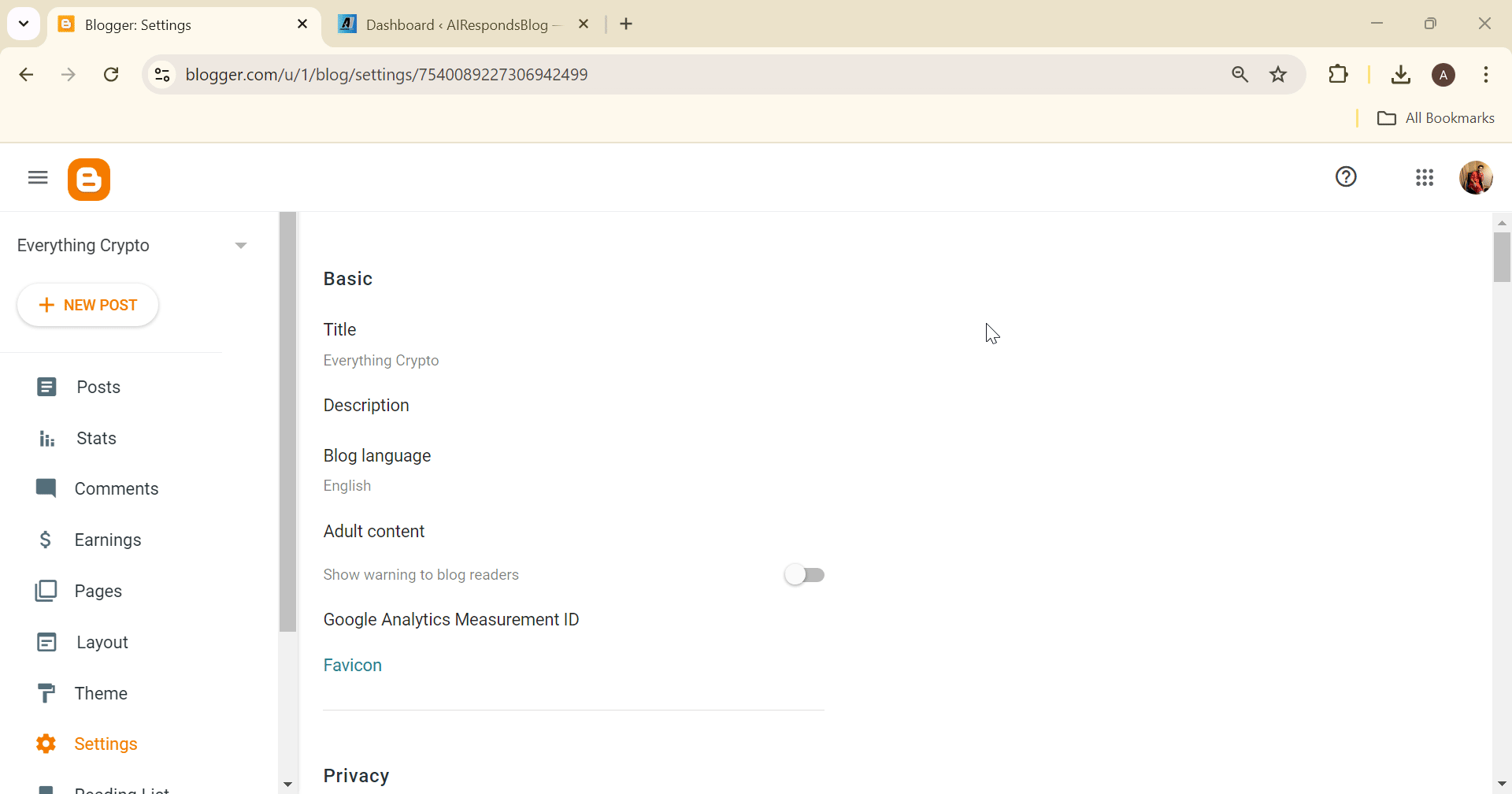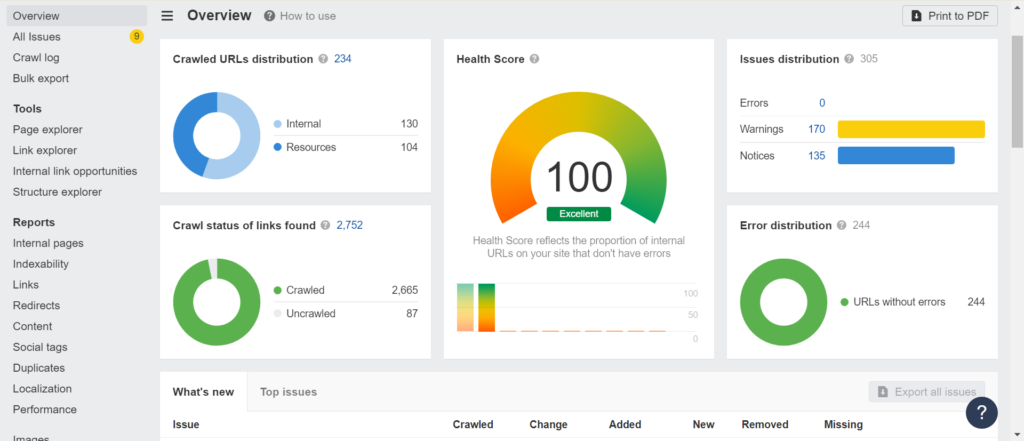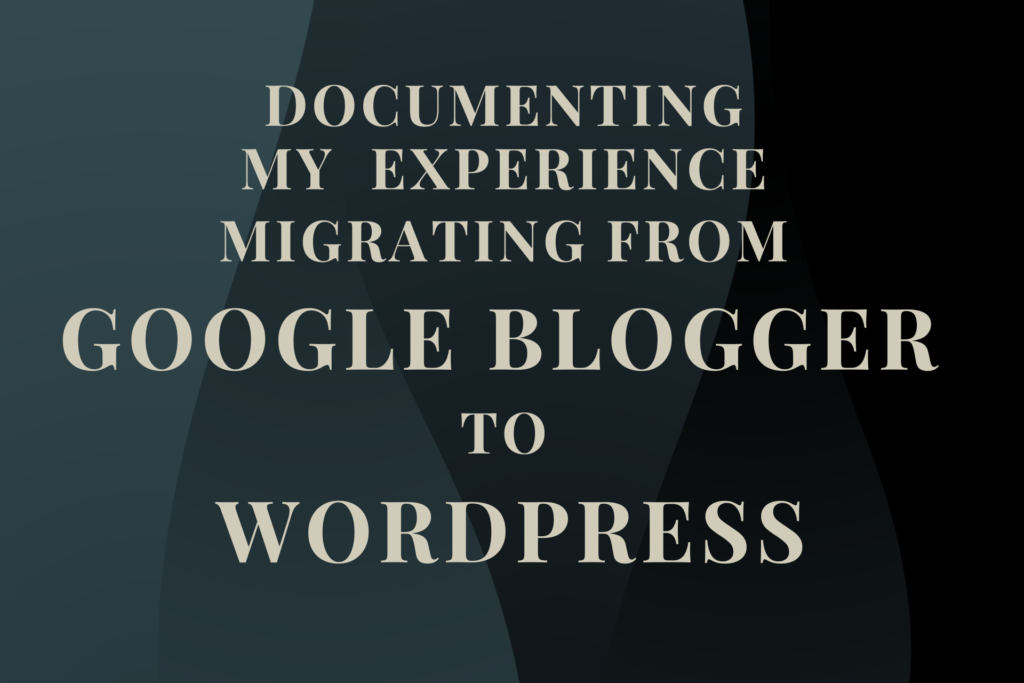Back in July 2024, I started blogging on Google Blogger. At the time, it seemed like the perfect platform—free and simple—especially since I wasn’t fully committed to building something from scratch. However, as the months went by and I hit around 80 live blogs, reality set in—and it hit hard!
Why I moved away from Blogger: Challenges in SEO and monetization
Even with 80+ blogs, I wasn’t getting any views, and except for a few, none of the blogs made it to the first five PAGES on Google.
That’s when I realized that Blogger, although a decent blogging platform for beginners, can’t be used for monetization purposes. And even if I somehow managed to achieve that, it would take a lot of effort. Believe me, a lot!
Not discouraging others, of course, because you can monetize Blogger, especially with Google AdSense built-in. I have seen others do that after getting their AdSense approval and through guest postings and affiliate marketing.
Why WordPress is the best platform for bloggers?
While I was exploring the idea of setting up a standalone website, WordPress seemed like the most suitable option. Roughly 50% of the websites today use WordPress as the Content Management System (CMS).
So, I got to the research part. I went through blogs, watched videos, and whatnot. And a few hours later, it seemed like migrating from Google Blogger to WordPress was a quick, seamless process. Atleast, that’s what I thought at the time!
So, I went ahead with Hostinger, purchased a hosting plan (with the first year’s domain charges waived), and then set up my website. In all, it cost me roughly $50 or ₹4200 for 2 years of hosting, not counting the second year’s domain charges. It felt like a reasonable amount.
For the unversed, to migrate from Blogger to WordPress > set up a domain with hosting > install WordPress > complete the basic setup > open Blogger > go to Settings > scroll down and click on Back up content > click Download > once you have the XML file > open WordPress > go to Tools from the left pane > select Import > click on Run Importer under Blogger > then upload the XML file> click on Upload file and import > confirm the configuration > click on Submit.

Up until now, everything was a breeze. I had completed all this within an hour, all excited to hop on to the next stage, blogging. This was when things went south, and I realized the actual issues, something those blogs and videos hadn’t informed me of!
Issues faced during and after the migration from Blogger to WordPress
Here are the issues I faced, although not all these may apply in your case, or the list could be even more extensive, given the type and size of data being transferred.
- Featured images were not imported: I always add a featured image to every blog. But, upon migration, they were not available on WordPress. To make things worse, I had, for some reason, deleted the original ones stored locally on my PC a couple of days ago. So, I had to search for each image again and re-upload them.
- Meta description was not imported: Meta description, again, didn’t make its way through to WordPress and, as a result, had to be manually added to each blog.
- Links were in disarray: Upon migrating from Blogger to WordPress, I discovered that all blogs had their titles as permalinks. And since I prefer shorter links (a key reason for the switch from Blogger to WordPress), I had to manually correct these.
- Internal linking was broken: The interlinking, of course, was all messed up. They were all pointed towards my previous Blogger blog. So, I had to manually fix each and every one.
- Tables and images were not imported correctly: What came as a surprise was that tables from Blogger weren’t actually read as tables in WordPress. So, I had to create a new one for each in WordPress. The images from Blogger, too, weren’t in the right format and had to be correctly inserted.
- Countless cases of unknown text formatting: Several cases of Bold text format from Blogger were flagged as Unknown text formatting. While it was a one-click fix, identifying each was a challenge.
- Tags had to be added again: The tags from Blogger didn’t migrate to WordPress. So, I had to add them again to each blog.
- Had to add a focus keyphrase to each blog: Adding a Focus keyphrase was, anyway, not an option on Google Blogger. So, this isn’t something I would bicker about. But it did take some time.
The only thing that got smoothly transferred during the migration from Google Blogger to WordPress was Categories. They were automatically added to WordPress and correctly assigned to each of the imported blogs.
I know many of you might feel like these changes would have affected the website’s SEO, but at the time, I wasn’t concerned about that. All I wanted was to have a website that was presentable to my readers. Besides, the Blogger’s blog, anyway, wasn’t performing so well. So, I didn’t stand to lose much.
With a fresh start and the basics done right, the new standalone website with WordPress as the CMS has a better chance, in my opinion!
Useful tips for everyone migrating from Blogger to WordPress
Based on my migrating from Google Blogger to a WordPress-based website, here are some valuable insights that would have certainly helped me at the time:
- If you plan on continuing, make the switch early: Blogger, with its tons of benefits, might not be a scalable solution for everyone. So, if you plan on expanding or hosting tools, switch early. The more you delay it, the more the effort!
- Save images locally: Since image migration is a problem, I recommend storing them locally. This way, you won’t have to fetch them all over again.
- Look out for the smallest of the issues: After migration, make sure to check for all possible issues, including incorrect text formatting and missing elements.
- Be willing to put in the extra effort: Remember, you will have to spend some time initially with the migrated content. So, add it to your list of tasks. For 80 blogs, I had to spend roughly two days. This included the basic configuration, theme installation, GSC and Webmasters tool setup, and a website check using Ahref!
I recommend you use Ahref or a similar tool to detect misconfigured or broken links. It will also help you identify any orphan pages, which directly affect the SEO. I used the free Ahref plan, and it did a good job.

Should you use Google Blogger?
Blogger, undoubtedly, is a great platform for blogging. You don’t have to spend as much time setting up things, the interface is clean and simple, and the settings are pretty much self-explanatory.
But that also turns out to be the main drawback of Google Blogger!
It’s too simple for someone planning to move beyond blogging as a hobby. Monetizing blogs on Google Blogger, although not impossible, remains a challenge. It doesn’t rank well. There aren’t many customizations or themes. The built-in themes look outdated, reminiscent of websites from the 90s. Third-party themes are an option, but there’s always the added risk.
If I had to pick a free blogging platform, Medium would be my first choice now, followed by Google Blogger. In my limited experience, blogs from Medium rank much better on Google than Blogger.
That was my honest experience with Blogger and my journey migrating from Blogger to WordPress. Let’s see how things pan out in the coming days. Wish me luck!
If you want to reach out, drop me an email at support@airespondsblog.com or use the Contact Us page.
With over five years of experience in the tech industry, Kazim excels at simplifying complex topics, making them accessible to tech enthusiasts and general readers alike. He has contributed to several renowned publications worldwide, including WindowsReport and Allthings.how, bringing insightful coverage of key developments in the field.
When he’s not writing, you’ll find Kazim planning weekend getaways or diving into tech verticals beyond his expertise.
